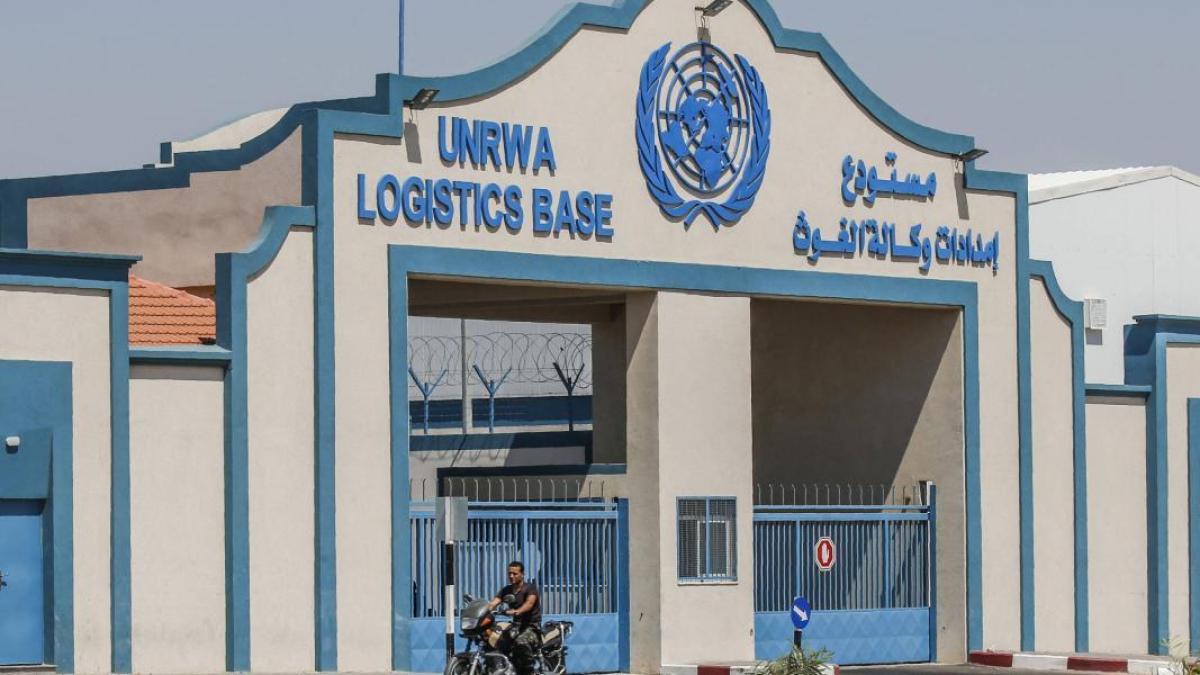Culture|Book review
The novel, which draws on the stages of Katriina Rante’s own family in Argentina, shows that the roots are digging deep.
Novel
Katriina Ranne: Land like blood. WSOY. 378 s.
Not quite immediately realized how important the point Katriina Ranteen Earth like blood brings to the debate about global migration and migratory flows: man does not very much abandon his roots, his culture, his faith.
The novel dates back to the beginning of the 20th century, and the railway family living in the Lahti region decides to head to Argentina and the Finnish colony to be established there, Colonia Finlandesa. The father of the family has painted dream pictures of a country where the family could get rich by growing tobacco and tea-drinking yerba.
Hundreds of Finns sail from Bremen, Germany, to Argentina in the winter of July 1906. Bull carriages take the family towards their own land and exotic fruits, wealth and freedom.
In Lahti, life has been overshadowed by Russian gendarmes and poverty. The same reasons drove Finns in other directions in those years: Brazil and the United States, among others.
Arrived in Argentina once they reach the north, the group sets out to clear the village community.
At the beginning, the perspective is 15-year-old Kaarlon, for whom life in the homeland has just opened up. The young man, who dreamed of movies and the city in Lahti, finds himself on the other side of the world in the middle of a primeval forest. The familiar knife changes to a machete, a jungle knife.
An easier and freer life will soon prove to be a utopia for newcomers. Re-clearing is a superior task for migrants who came to the city and did not have the skills to do the groundwork. The land is proving almost uncultivable.
Grasshopper flocks, moles and tropical rainfall also prove to be resistance. Most families leave their field patches and leave the country.
The novel follows The Charles family for four generations to this day.
The last voice is Aina, who lives in the rainforest, the last Finnish-speaking resident of the colony. He always speaks Finnish, even though his grandmother, born in Argentina, has never visited Finland.
It’s amazing that the mother tongue moves from so far to so far – and of course Ranne has researched the subject a lot.
The impetus for the work has been the story of Rante’s big emigration to Argentina. For his novel, the author has met the descendants of Finns in Argentina, whose interviews serve as the material for a fictional novel.
Earth like blood and its people remain firmly in Colonia Finlandesa. The rest of Argentina is far away, Finland is much closer mentally.
Argentina and Argentines are a hazy set in the novel. Based on the novel, it seems that Finns have lived largely in their own circumstances and only a few have made alliances with the locals.
Kaarlo’s family follows the events in distant Finland, even though the mail is moving slowly. When war breaks out in Finland, a family that has planned to return and has saved money for it decides not to leave.
However, worries about relatives living at the foot of the war in Finland are severe and aid packages are sent to them – although there is nothing extra in itself.
Nothing finer, better or more prosperous The Charles family will not be able to achieve in Argentina in four generations.
Disappointments follow one another. There is always a price to pay for homesickness and extravagance.
Earth like blood shows that man’s eternal need to survive and reach out for a better life for himself and his children has always been strong – and has not disappeared.
.
#Book #Review #hope #rich #Finnish #family #migrant #shows #importance #country #birth #migration







